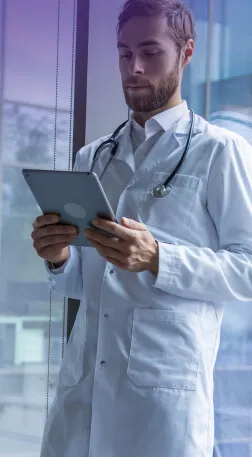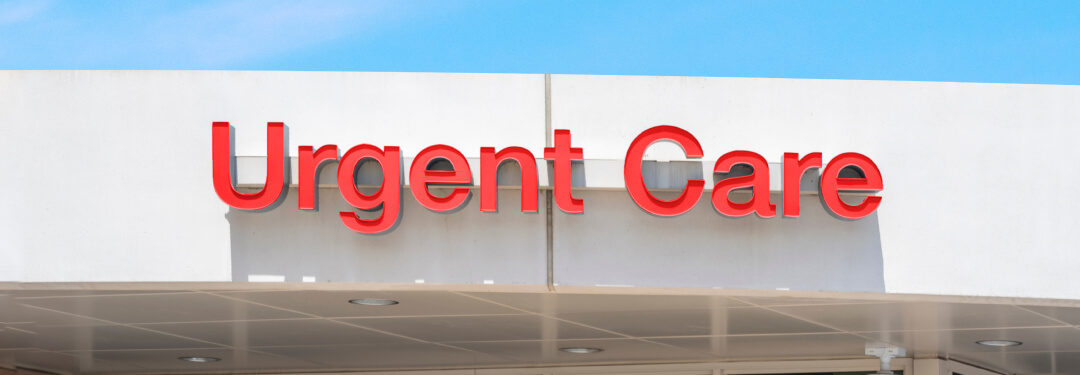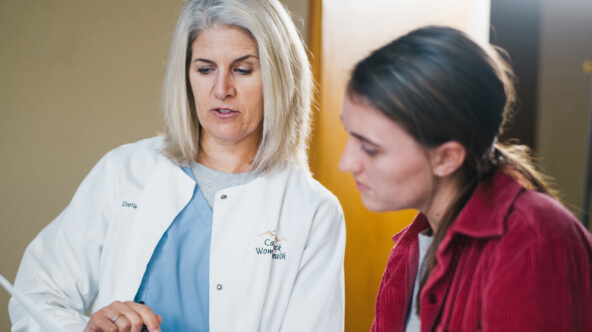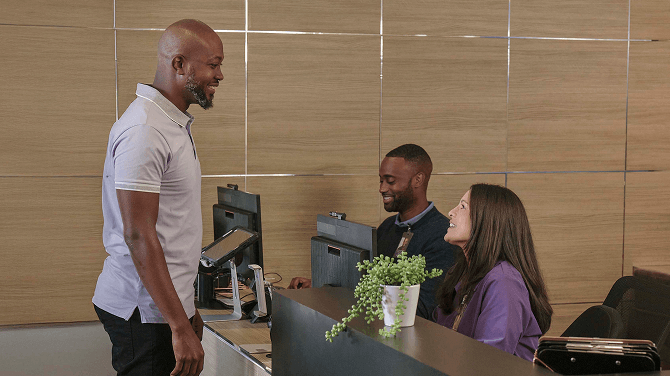Urgent care isn’t exactly known for patient loyalty. While patients know they can go to an urgent care clinic to get the care they need as quickly as possible, the likelihood of a return visit isn’t as high as it is in primary care and specialties, where patients build close relationships with their clinician. But satisfied customers can still lead to return visits and increased loyalty — the principles that govern retail loyalty are true in healthcare, too.
No one knows this better than Abu Bakar, chief information and digital officer for Summit Health, a leading provider of primary, specialty, and urgent care formed by the 2019 merger of Summit Medical Group and CityMD. With Bakar’s experience leading technology and digital transformations in retail, he has always been hyper-focused on the consumer experience.
As Bakar transitioned from retail into healthcare, he saw a huge opportunity to apply consumer experience insights to Summit’s model and turn it into a true “retail healthcare practice.” Summit has invested significantly in the patient experience and supporting technology, with the goal of creating a healthcare experience patients would keep returning to.
36 minutes from check-in to discharge
According to Bakar, Summit Health saw around five million patients in their New York City and New Jersey urgent care centers last year, a staggering number given that nearly 8.5 million people live in New York City alone. Those five million patients opted out of New York’s extensive network of health systems and opted into CityMD’s consumer-oriented model for a very important reason.
“We were able to attract them, get them into our centers because they were looking for a better experience,” Bakar explained. “They were looking for a fast, easy, convenient way to get the care they needed.”
At Summit’s urgent care locations, Bakar says it’s “extremely important for people to walk in and out of the clinic as quickly and efficiently as possible.” From the time patients enter a clinic to the moment they are discharged, the entire visit typically takes 36 minutes. But even as Summit gives patients the quick, convenient experience they’re looking for, Bakar says compromising on the quality of care is “one thing we never do, and that’s why we have the stickiness, the loyalty of the patients we have.”
Achieving that goal requires a unique combination of technology and the human touch. One way this comes to life is through Summit’s medical scribe model. By employing scribes throughout their clinics to handle computer-based tasks in the exam room, the organization has made it possible for clinicians to focus solely on their patient throughout the encounter. Not only do patients appreciate knowing that they have their clinician’s full attention, but not worrying about documentation during the visit also improves the clinician experience and helps them provide better care.
Support doesn’t stop when patients exit the clinic, either. “As soon as the visit is done, the visit information is sent to our centralized aftercare center to follow through with the patient,” Bakar explained. “If the patient needs a referral, or if there’s anything abnormal about their test results, they call them and follow the patient until their care is completely done.” Summit’s aftercare program is a differentiator, as it helps patients know they’re getting attentive, high-quality care throughout their journey.
Efficiency and convenience
As Summit adapts to patients’ increasingly consumerist interests, the organization has invested in technology to meet patients’ desire for efficiency and convenience. That starts when a patient walks into a clinic to check in. Instead of a typical in-office check-in experience that requires waiting in line to talk to a receptionist, patients have the option to scan their license at a check-in kiosk. That information feeds directly into athenaOne and into the exam room.
The kiosk technology supports seamless entry, instead of requiring patients to fill out forms with the same information over and over again. And though Bakar estimates that 80-90% of patients take advantage of the kiosk integration, Summit is already thinking ahead to the next evolution of the system: enabling patients to check in on their phones before even arriving at a clinic.
Improving convenience and ease for patients was also part of the impetus for developing and launching a proprietary digital patient app. The app enables patients to schedule an appointment, pay their bills, look up lab results, and more, all from their smartphone. “We need to give patients the ability to do whatever they want to do, on their own time, in the way they prefer,” Bakar explained. “The app has been a game changer for us.” Though patients can complete all the same tasks at a clinic if they choose, Bakar says the app has been wildly popular.
The future of consumerism
Over the past decade, Summit Health’s focus on an efficient, personalized, high-quality patient experience has contributed to the organization’s rapid growth. “For us, healthcare is personal. It needs to have a personalized experience, it needs to be convenient, and it needs to be fast,” said Bakar. “These are the characteristics we always look for, and it’s one of the reasons why CityMD has spread so rapidly.”
The 2019 merger of CityMD and Summit Medical, an independent physician-governed multi-specialty medical group, also opened opportunities to grow the patient base, retain patients within their network, and create a more cohesive healthcare experience for patients. “The merger was so complementary, because 30% of our urgent care visits are being referred elsewhere. Now we have the ability to refer internally,” Bakar explained. “And with athenahealth, we’re able to create a single patient experience. Anyone who goes to any of our multi-specialty or urgent care locations will see the same information, which is so helpful for us.”
As for trends around consumerism in healthcare, Bakar doesn’t see that changing any time soon. “Consumerization in healthcare is happening. I don’t think anybody’s saying that you will change the way you take care of patients, but everything else — everything that’s very inefficient — has to change,” he said. “Consumers and patients are going to demand it. We’ve already seen most people are using their mobile phone to get an appointment or pay their bills. Before COVID, this wasn’t imagined. Now it’s happening faster and faster, and we need to be prepared to meet the moment.”











